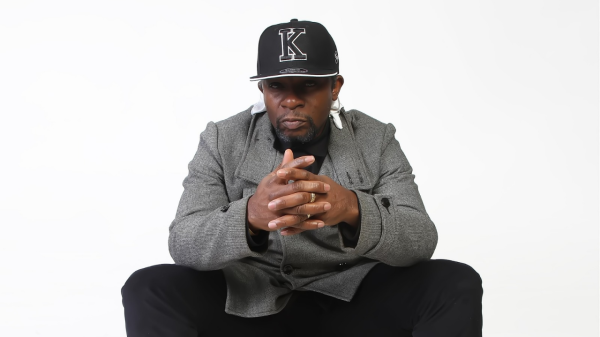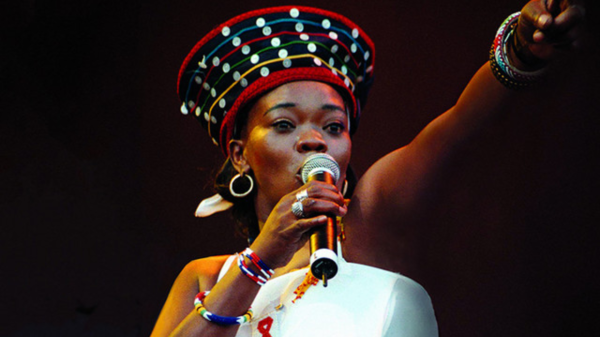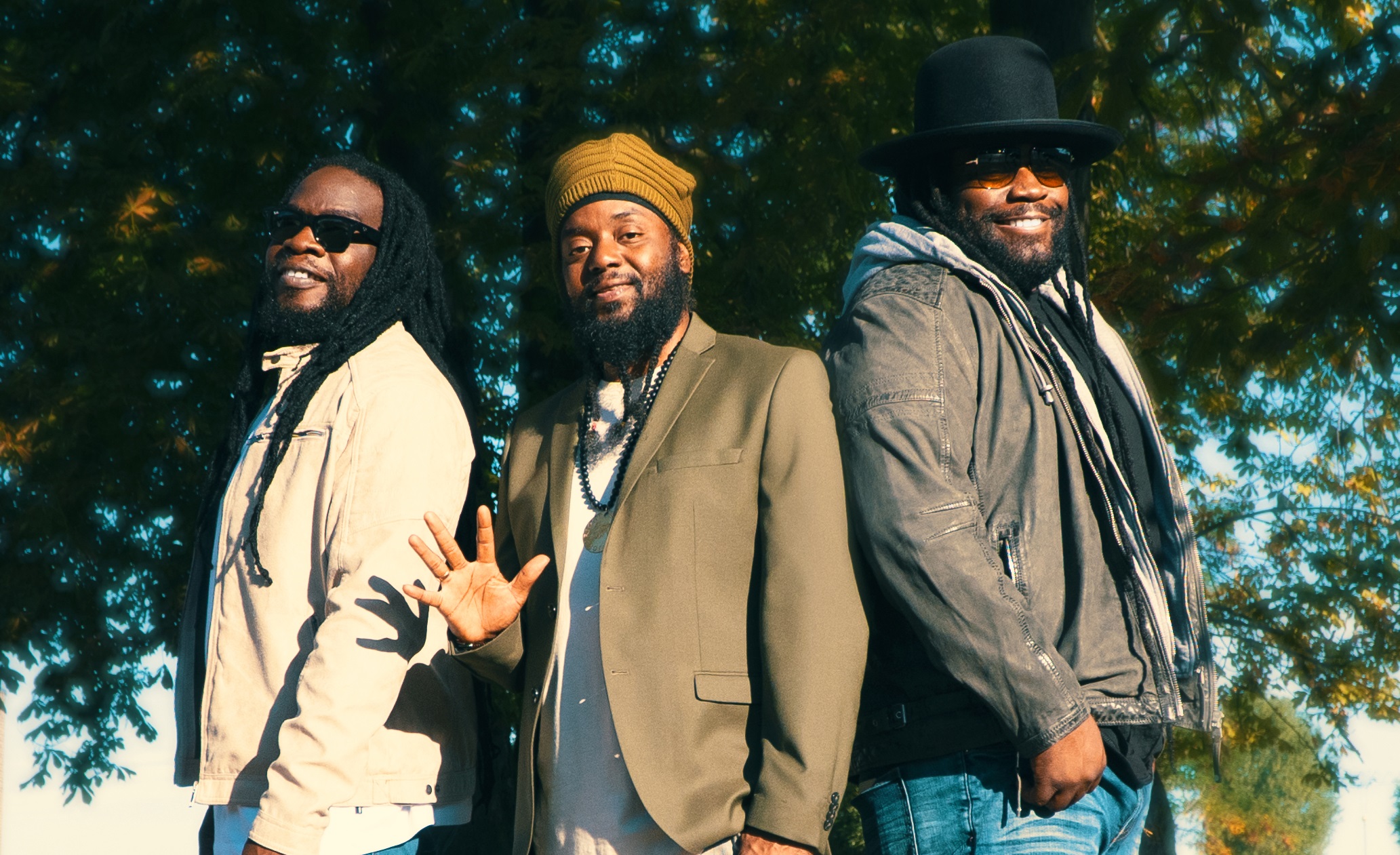Ethiopia is the birthplace of coffee and is famous for its traditional coffee ceremony called Jebena Buna. Today, we will explore the significance of the ceremony, the steps involved, and the cultural importance of coffee in Ethiopia.
The Jebena Buna ceremony is an integral part of Ethiopian culture, and it is a symbol of hospitality and respect. The ceremony involves roasting, grinding, and brewing coffee beans in front of guests. The process can take up to an hour, and it is often accompanied by traditional music and incense.
Ethiopian coffee is known for its unique flavor and aroma, and the ceremony is designed to enhance the coffee-drinking experience. It is a social occasion that brings people together, and it is a way of showing appreciation to guests.
The coffee ceremony has a long history in Ethiopia, and it is believed to have originated in the Kaffa region in the southwest of the country. The ceremony has been passed down from generation to generation, and it remains an important part of Ethiopian culture to this day.
We will take a closer look at the Jebena Buna ceremony, including the tools and ingredients used, the steps involved in the process, and the cultural significance of the ceremony. If you are planning a trip to Ethiopia, experiencing the Jebena Buna ceremony is a must. It is a unique and memorable cultural experience that will give you a deeper appreciation of Ethiopian culture and hospitality.
The Coffee Ceremony:
The Ethiopian coffee ceremony is a cultural experience that requires patience and an appreciation for sensory stimulation. Hosted by a woman, the Jebena Buna ceremony begins with fresh grasses and flowers being spread on the floor and table, while incense burns in the air, creating a pleasant aroma. The raw coffee beans are washed and then roasted over an open charcoal fire, filling the room with a rich coffee fragrance. The beans are then ground and added to a special spouted pot called a jebena, which is then placed back on the charcoal fire to brew.
After brewing, the coffee is poured into small handleless cups, filled to the brim without spilling, requiring skill and concentration. The coffee is thick and potent, with a bitter taste. The process is repeated three times, with additional water added in between cups to replenish the drink. Optional extras, such as sugar, popcorn, or the herb rue, are often served as side snacks. In rural communities, salt or butter may be used instead of sugar.
The coffee ceremony is not just about the coffee, it’s also a social and cultural experience. Each of the three cups has a distinct role in the ritual, with the final cup signifying a blessing. In traditional households, the ceremony takes place at least three times a day. The Jebena Buna ceremony is an act of hospitality, welcoming new acquaintances and showing respect to others. For friends and family, it’s a way to catch up and reconnect, with conversation flowing freely after three cups of Ethiopian coffee.
While the ceremony is typically held in Ethiopian homes, condensed versions can be found in cafes throughout the country, from Addis Ababa to Axum. The ceremony offers a glimpse into Ethiopia’s culture and social customs, as well as a chance to savor the rich flavors and aromas of Ethiopian coffee.





















































































































